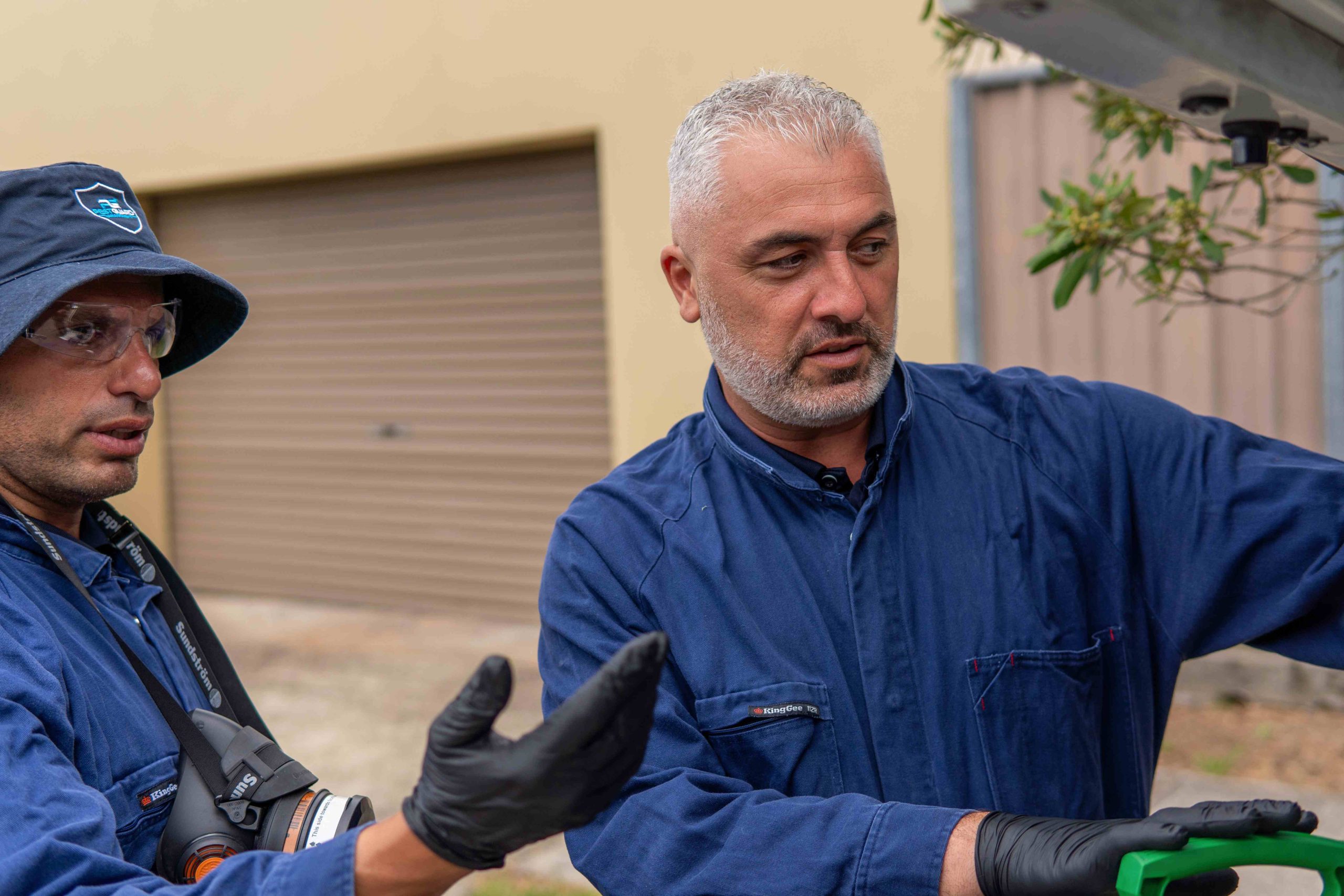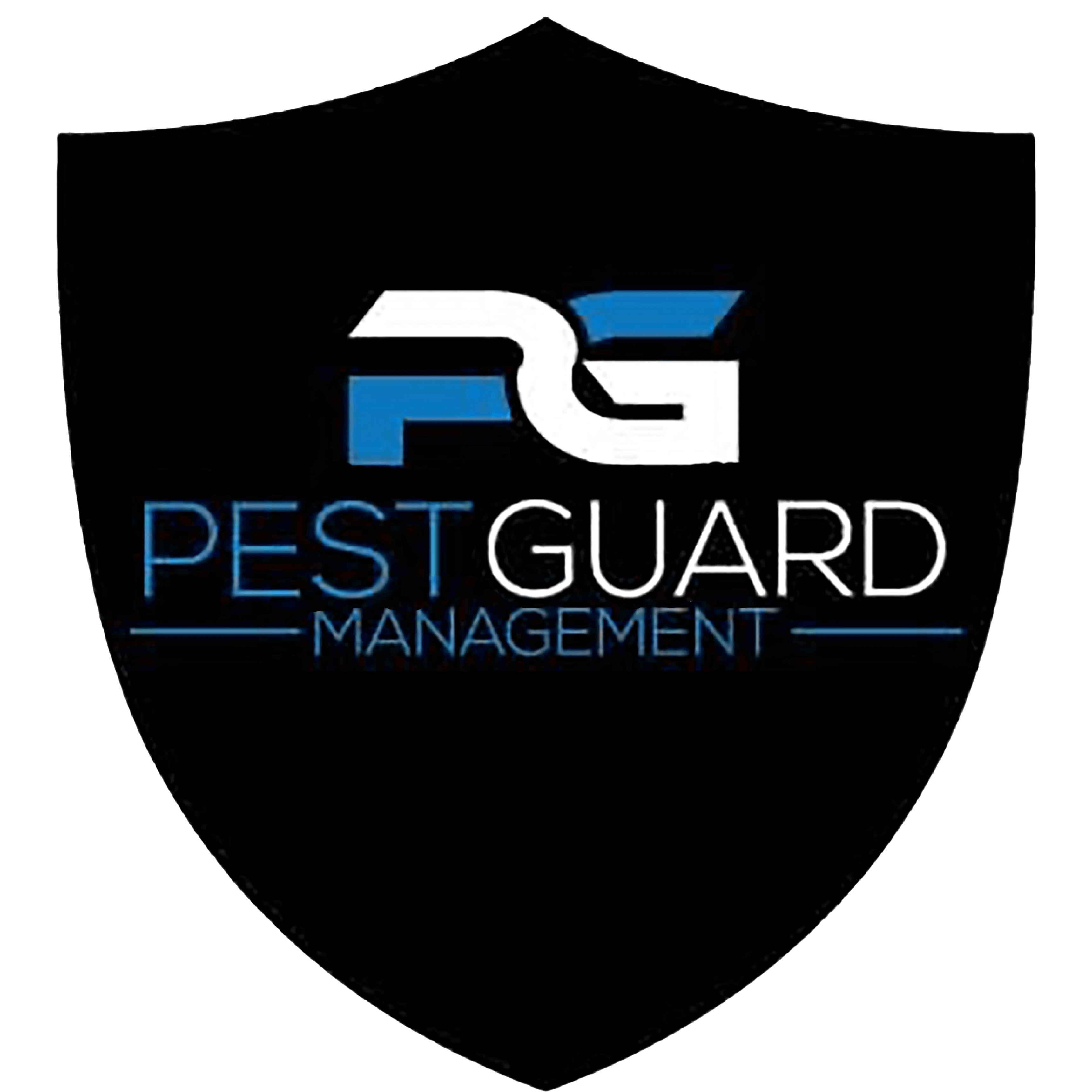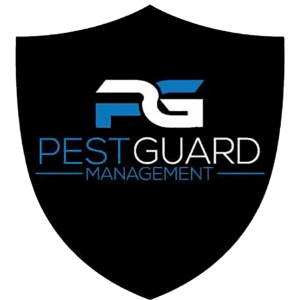Pest Control Regulations and Compliance in Sydney

Key Takeaways
- Strict Licensing Requirements: Pest control operators in Sydney must obtain and maintain valid licenses from the NSW Environment Protection Authority (EPA) through continuous professional development and adherence to stringent criteria.
- Safe Chemical Use: The use of pesticides is heavily regulated by the Australian Pesticides and Veterinary Medicines Authority (APVMA) to ensure public health and environmental safety.
- Mandatory Record Keeping: Detailed records of all pest control activities are required to ensure compliance, facilitate audits, and provide transparency to clients.
- Environmental Protection: Pest control practices must minimise ecological impact through safe pesticide use, waste management, and the adoption of integrated pest management (IPM) techniques.
- Continuous Monitoring: Regular internal audits, updates on regulatory changes, and participation in industry workshops are essential for maintaining compliance and upholding professional standards.
Regulatory Landscape in Sydney
Sydney’s pest control regulations are comprehensive and multifaceted, focusing on several key areas:
Licensing and Certification:
- Pest control operators must hold valid licenses issued by the New South Wales Environment Protection Authority (EPA).
- Continuous professional development is required to maintain these licenses.
Chemical Use and Safety:
- The use of pesticides is tightly regulated to prevent harm to humans, animals, and the environment.
- Operators must adhere to the guidelines set by the Australian Pesticides and Veterinary Medicines Authority.
Record Keeping:
- Detailed records of all pest control activities must be maintained and made available for inspection.
- This includes information on the types of pests treated, chemicals used, and safety measures implemented.
Environmental Protection:
- Pest control activities must comply with environmental protection standards to minimise ecological impact.
- The Sydney Water regulations also play a role in ensuring water safety and pollution control.
Compliance Requirements
Ensuring compliance involves several key practices:
- Regular Training: Pest control professionals must undergo regular training to stay updated with the latest regulations and safe practices.
- Inspection and Auditing: Regular inspections and audits by regulatory bodies are conducted to ensure that standards are being met.
- Public Awareness: Educating clients about the importance of compliance helps in maintaining high standards of public health and safety.
The Importance of Compliance in Pest Control
Ensuring compliance with pest control regulations in Sydney is not just about adhering to the law; it’s about protecting public health, preserving the environment, and maintaining professional standards. Non-compliance can lead to severe penalties, including fines and suspension of licenses, which can damage the reputation of pest control providers and lead to significant financial losses.
Licensing and Certification: A Closer Look
- To operate legally in Sydney, pest control companies must obtain licenses from the New South Wales Environment Protection Authority (EPA). This process ensures that all operators have the necessary knowledge and skills to handle pest control safely and effectively. The EPA sets strict criteria for licensing, including mandatory training and certification in the use of pesticides and pest management techniques.
- Operators must undergo continuous professional development to keep their licenses valid. This ongoing education helps them stay updated with the latest pest control methods and regulatory changes, ensuring they provide the highest standard of service.
Chemical Use and Safety: Protecting Public Health
- In the sector, there are strict regulations surrounding the usage of pesticides for pest control. To guarantee the safe use of pesticides, the Australian Pesticides and Veterinary Medicines Authority (APVMA) is in charge of regulating and approving their usage. This process involves rigorous testing and evaluation of the chemicals’ effects on human health and the environment.
- Pest control operators must follow strict guidelines on the storage, handling, and application of pesticides. This includes using personal protective equipment (PPE), following label instructions, and implementing measures to prevent contamination of water sources and non-target species.
Record Keeping: Ensuring Transparency and Accountability
Maintaining detailed records of pest control activities is a legal requirement in Sydney. These records must include information on the types of pests treated, the pesticides used, the methods of application, and the safety measures implemented. This documentation is crucial for several reasons:
- Regulatory Compliance: Inspectors can review records to ensure that pest control activities comply with regulations.
- Client Transparency: Clients have the right to know what treatments were applied in their homes or businesses.
- Incident Management: In case of adverse events, detailed records help identify the cause and implement corrective actions.
Environmental Protection: Minimising Ecological Impact
Sydney’s pest control regulations emphasise environmental protection to ensure that pest management practices do not harm the ecosystem. This includes guidelines on the safe disposal of chemical containers, the use of non-chemical control methods where possible, and measures to protect wildlife and water sources.
Continuous Monitoring and Improvement
Regulations in Sydney require pest control providers to engage in continuous monitoring and improvement of their practices. This involves regular internal audits, staying updated with regulatory changes, and participating in industry forums and workshops. By doing so, pest control companies can ensure they are always in compliance with the latest standards and best practices.
Standards for Commercial Pest Control in Sydney
Standards for commercial pest control in Sydney are designed to ensure that all pest management activities are carried out safely and effectively. These standards mandate that operators follow strict protocols for the use of pesticides, ensuring minimal impact on public health and the environment. Compliance with these standards involves regular training and certification of pest control professionals, adherence to the guidelines set by the Australian Pesticides and Veterinary Medicines Authority under the Chemical Regulation framework of the National Registration Scheme, and thorough record-keeping of all pest control activities. By maintaining these high standards, pest control companies help protect the community and uphold the integrity of their services.
Conclusion
Respecting Sydney’s pest management laws is essential for everyone’s safety and welfare. PestGuard Management is dedicated to maintaining the highest levels of professionalism and compliance. Contact us to ensure your pest control needs are met with the utmost care and compliance.
FAQs
Pest control operators must hold a valid license issued by the NSW Environment Protection Authority (EPA).
Pesticides are regulated by the Australian Pesticides and Veterinary Medicines Authority (APVMA) to ensure they are used safely and effectively.
Detailed records help track pest control activities, ensuring compliance with regulations and facilitating audits.
We ensure compliance through regular training, adherence to regulatory guidelines, and thorough record-keeping.
Standards are set to minimise the ecological impact of pest control activities, including safe pesticide use and waste management.


